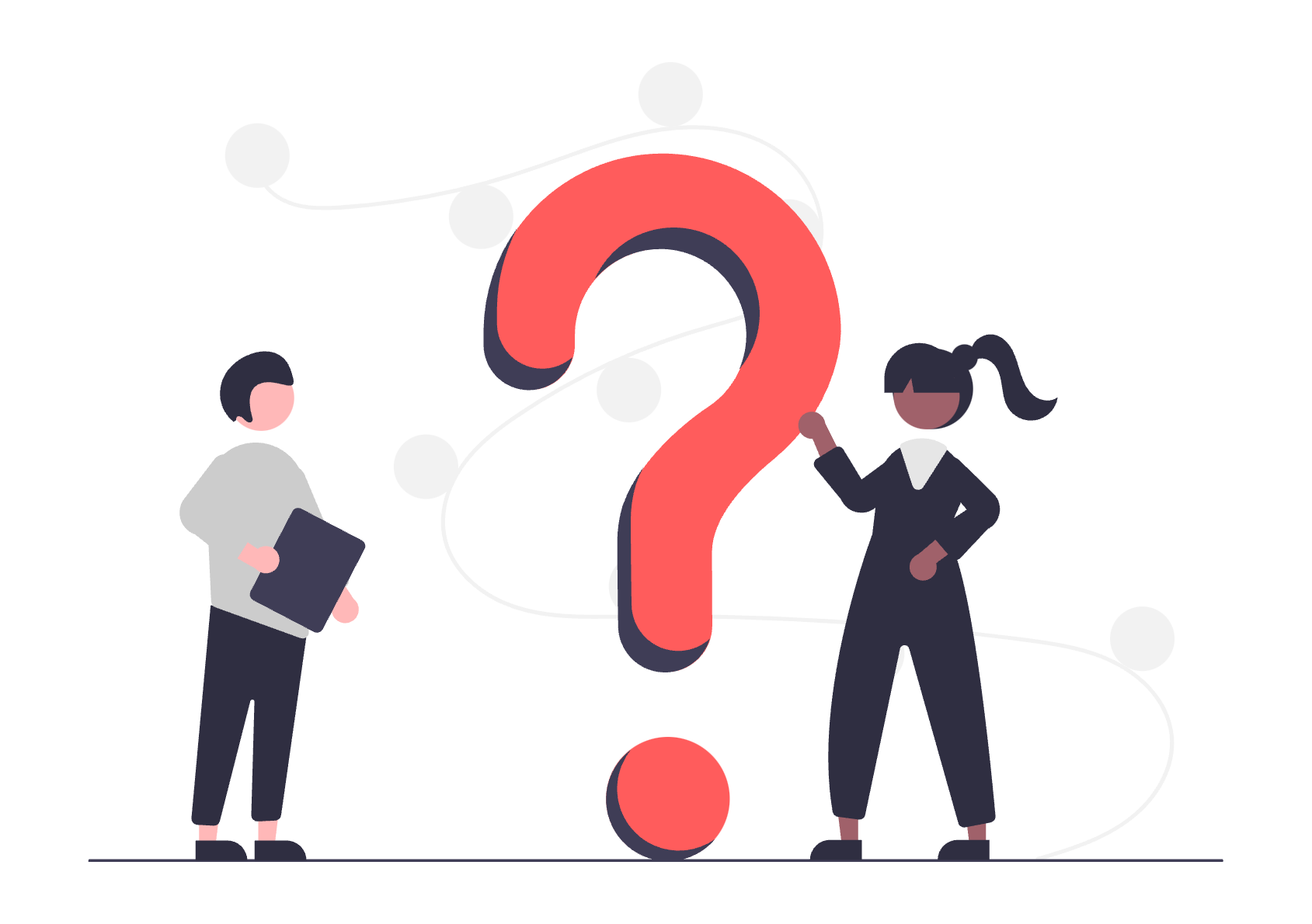Why do I ask AI to interview me for difficult tasks?

In short: For some tasks on which I'm not an expert or when I'm tired I ask AI tools to ask me questions to refine my thinking before doing some hard writing work. Here a few tips that can help if you want to do the same:
Give the AI enough context and a clear role
Ask the AI to ask one question after the other to not overwhelm you.
Ask the AI to suggest example answers to help you reflect if you're new to the topic.
Benefits of AI self-interviews
Back in the days there was a company called Book In a Box (now called Scribe Media) that had a great way to help people publish their first book.
Their idea was "simple": the team would interview over a few phone calls and then use the transcripts of these phone calls to give it then to ghost writers that would write the first draft for you.
The thing I particularly loved about this idea is that most people have a very smart expertise to share, but they don't know how to write it in a book. The interview process unlocked that.
If someone asked me some questions I would have a smart answer. But sometimes I don't know what's the question to ask myself to have those smart reflections moment.
I'm using this way of thinking today when I'm faced with a new or difficult task, especially those requiring writing or analysis, I sometimes turn to AI.
Sometimes, you might not know how to start a task, but answering questions can reveal your thoughts and opinions. Based on your answers, the AI can draft a result.
Practical Examples
For example, you might not know what goes into an ROI analysis or feel too drained after a long workshop to draft a North Star statement.
One day, I needed to do a quick ROI analysis for a software change at a company. I instructed an AI to act as a financial analyst and help me prepare the analysis. After providing some context, I let the AI ask me questions to guide the drafting process.
Another time, I had to write a North Star statement based on workshop results. Again, I turned to AI, asking it to be a design strategist. I fed it context and screenshots from the workshop held in Miro. The AI then asked questions to help me draft that North Star statement.
Here I didn't ask the AI to write the text for me but instead to ask me questions to help me reflect on it.
Tips for Effective AI Interviews
After having done these types of self-interviews with AI tools, here are a few tips that make such sessions work better:
Provide Clear Context: Always start by giving the AI enough background and assign it a clear role.
One Question at a Time: Let the AI ask questions one after the other. This makes it less overwhelming than having 20 questions to answer at once.
Multiple Answer Suggestions: If you're new to the topic, ask the AI to suggest multiple answers for each question. This can give you inspirations of how you might want to include in an answer.
Shitty Drafts and Reflection
The real value here is not so much what the AI might write for you at the end of the process. But rather the reflection that happened by having an "interview partner" that helps you think.
These questions make you reflect and uncover thoughts you weren't clear about before.
And if you get a first draft written by the AI it surely will be imperfect and it will miss a lot of the nuances of your answers. But the great thing is that you have a draft on which you can add what's missing based on the reflection you already did.
Backstage view: How I used AI to help me write this
This article is based on an audio note I took while walking that was later transcribed and cleaned by Audiopen. I then reviewed and adapted the text by hand.